How Pakistan responded to the APS tragedy?
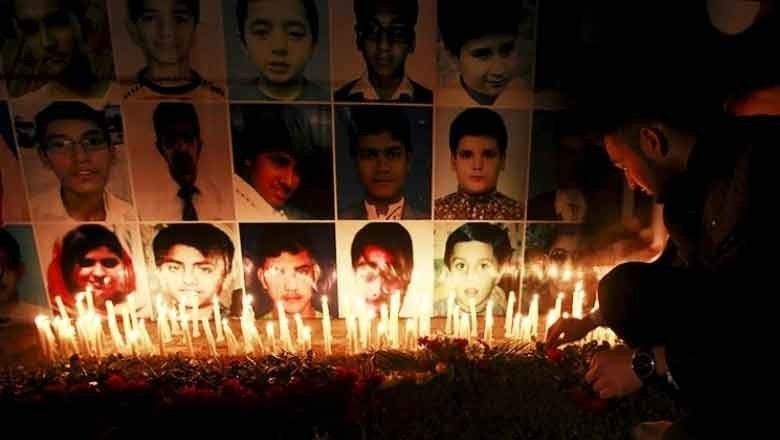
Web Desk
|
16 Dec 2024
It has been a decade since the terrorist attack on the Army Public School, which resulted in the martyrdom of over 150 individuals, including both students and teachers, while hundreds more were injured. Unfortunately, the families of the victims have not expressed satisfaction with receiving justice.
The banned Tehreek-e-Taliban Pakistan (TTP) claimed responsibility for the incident, prompting military forces to expand the scope of Operation Zarb-e-Azb.
Following the attack, Pakistan's civil and military leadership created a 20-point National Action Plan (NAP), which included military courts and the lifting of the death penalty moratorium, as Pakistan united against terrorism.
Subsequently, a national action plan was formulated, and restrictions on the establishment of military courts and the imposition of death penalties were lifted.
Military courts convicted several individuals linked to the attack, resulting in executions. However, around 200 of those convicted benefited from a Supreme Court stay order, which the Peshawar High Court later used to annul their convictions.
Under the national action plan, apex committees composed of civil and military officials were established throughout the provinces.
A total of at least 21,500 military operations were conducted across the country, leading to the deaths of 1,300 militants, with another 800 injured and 5,500 apprehended.
In response to security concerns, public and private educational institutions were instructed to increase security measures by raising walls, installing barbed wire on top, and adding CCTV cameras.
After years of investigation, a committee was formed at the request of the victims' families, led by Justice Ibrahim Khan of the Peshawar High Court.
This committee recorded statements from at least 150 witnesses and submitted its findings to the Supreme Court after two years of investigation. However, the victims' families expressed reservations about the report's conclusions.
In July 2020, the Supreme Court released the Judicial Commission report, which stated that the National Counter-Terrorism Authority (NACTA) had issued a threat alert prior to the attack, indicating a possible targeting of military officers and their families due to the perceived success of Operation Zarb-e-Azb.
The report also expressed surprise at how the terrorists were able to cross the Pak-Afghan border and reach the school.
The commission revealed that the attack was facilitated by locals from the vicinity of the Army Public School.
The commission noted that this single incident undermined the military’s efforts against terrorism and criticized the government and court for praising those responsible instead of holding them accountable.
In 2017, the Pakistani military announced the arrest of ex-Pakistan Taliban spokesman Ehsanullah Ehsan, who claimed responsibility for the Army Public School attack and stated he had split from the group.
However, reports in January 2020 revealed Ehsan's escape from military custody. The parents of the APS victims condemned Ehsanullah’s escape, labeling it a failure of the security agencies.
Imran Khan, who was elected Prime Minister of Pakistan in 2018, assured the Supreme Court that action would be taken against those responsible without discrimination.


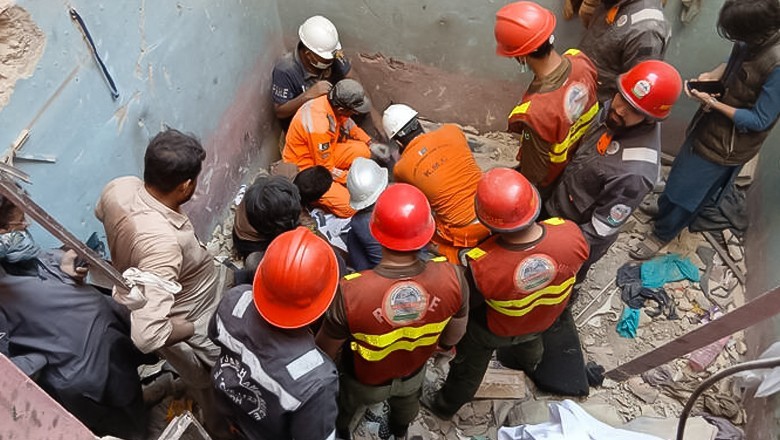

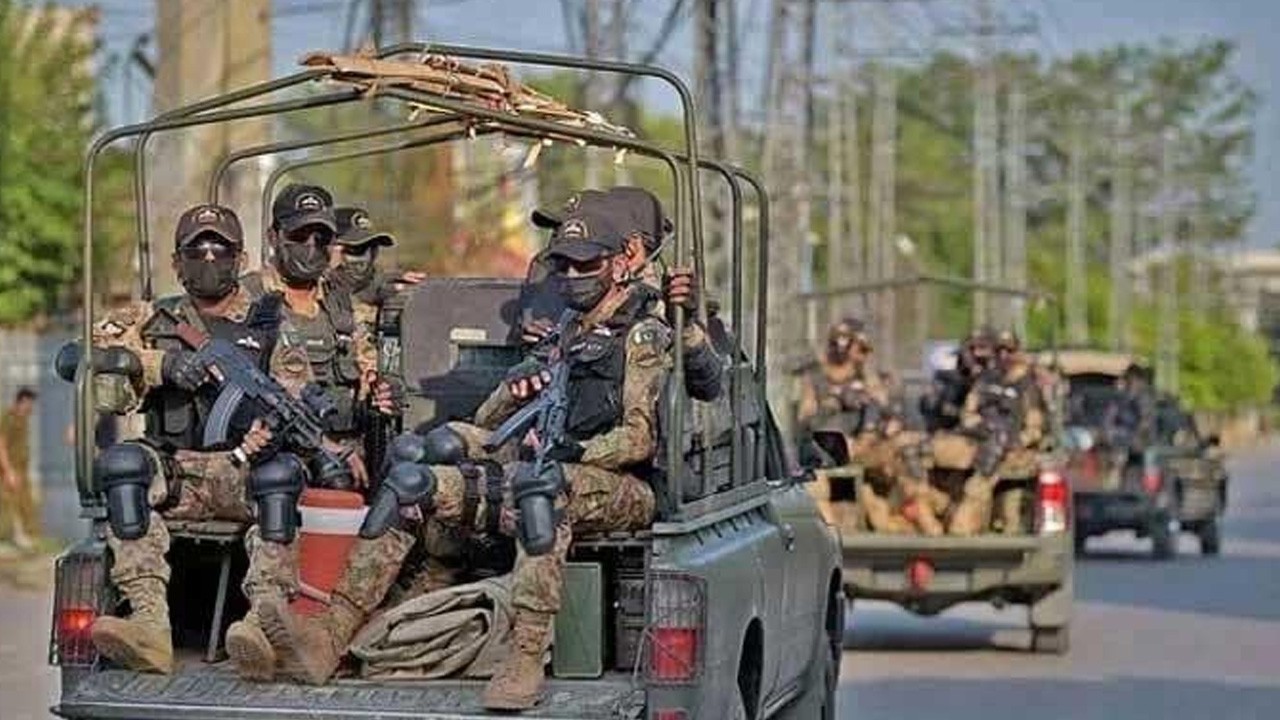




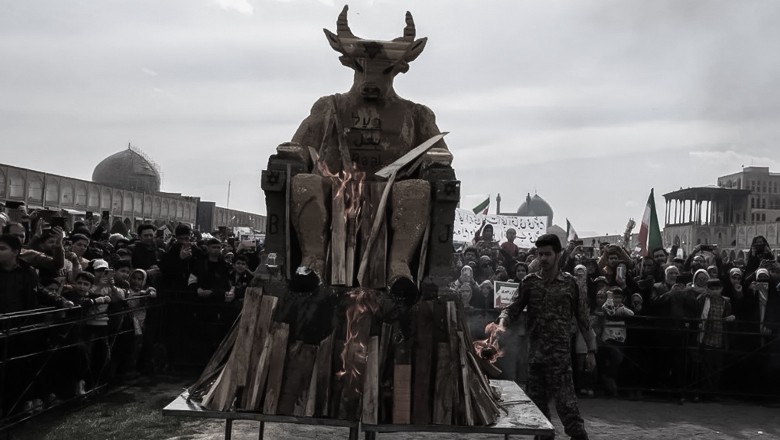
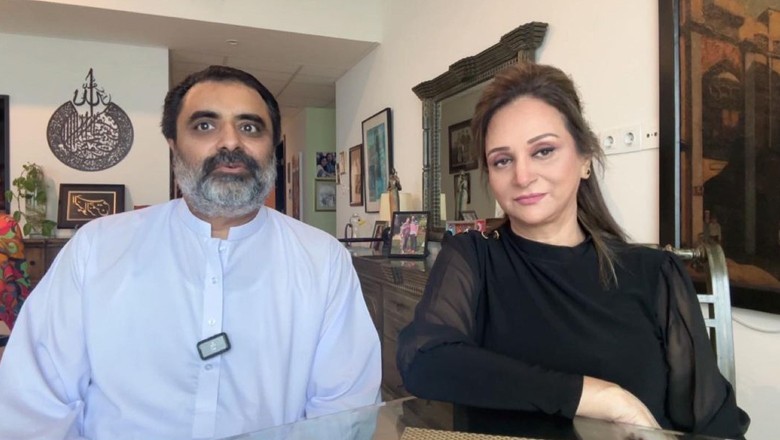

Comments
0 comment